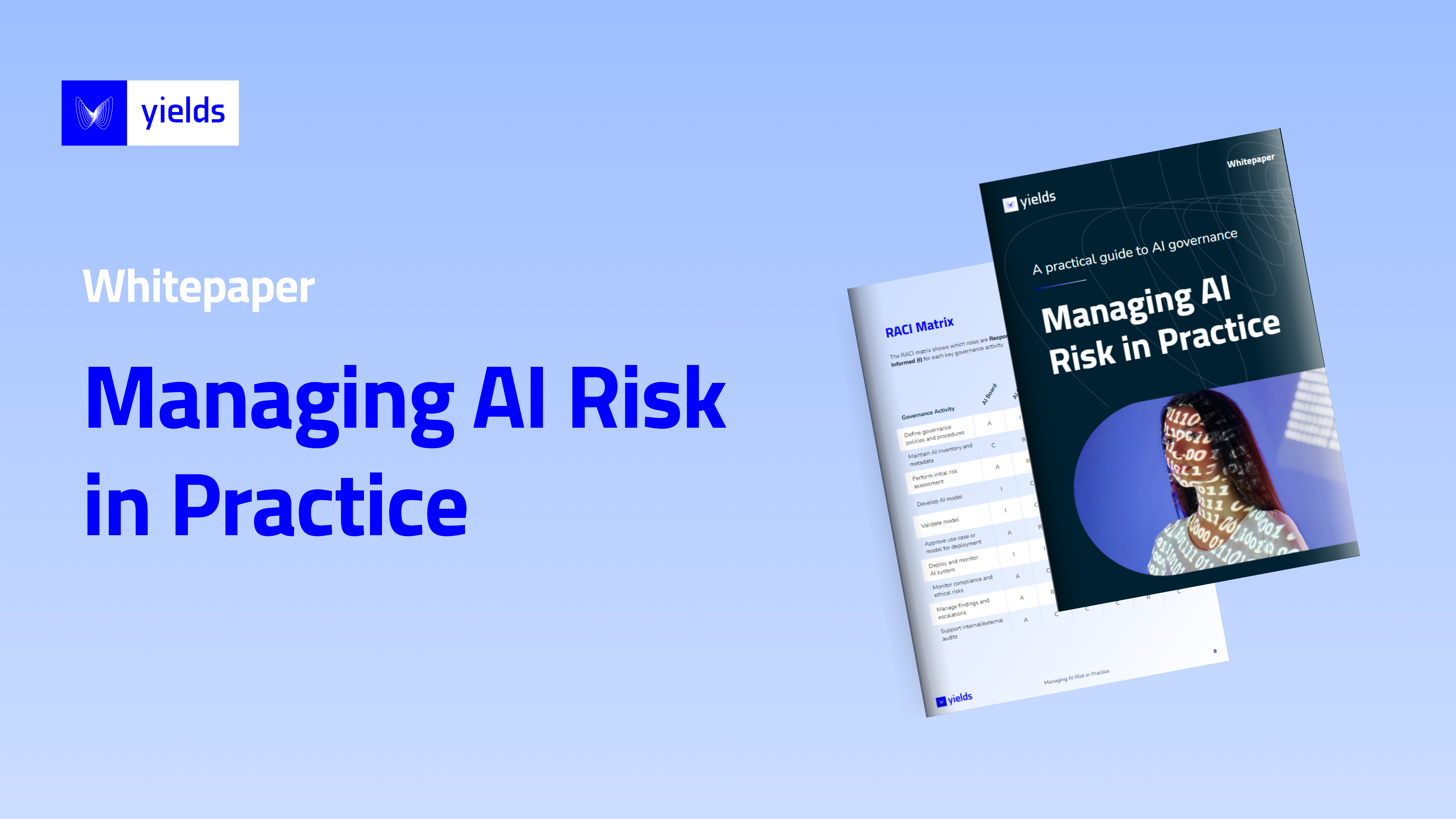The primary implication of this work program is that financial institutions will have to develop their own approach in following this direction while allocating resources accordingly. However, there is also a great opportunity for financial firms to reorganise themselves to align to some key strategic work streams set forward by the EBA, which, in our view, seem somewhat connected to more effective model risk management:
(1) With market conditions becoming more complex and less predictable, the EBA’s initiative for an EU-wide approach to stress testing will require firms to run additional tests to ensure model robustness. To meet the increasing demand for model validation, many more firms may employ intelligent automation to run dynamic scenario tests with minimal effort, thereby avoiding unnecessary backlogs and minimising operational risk.
(2) As demand for model testing increases relative to firms’ limited resources, more firms will focus on standardising and automating their reporting and model documentation processes in a bid to unburden themselves. As the EBA works to simplify its data management framework via the EUCLID platform, firms can leverage new technologies to integrate existing platforms with the system using APIs.




